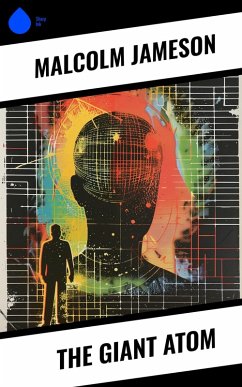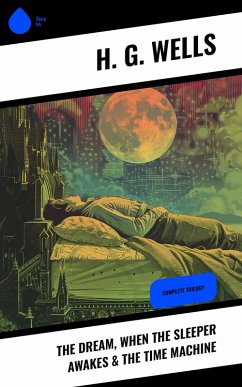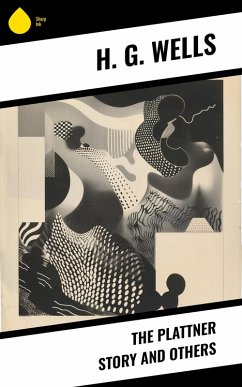
The Sleeper Awakes + The Time Machine (eBook, ePUB)
Dystopian Classics of H. G. Wells

PAYBACK Punkte
1 °P sammeln!
H. G. Wells' dual narratives in "The Sleeper Awakes" and "The Time Machine" present a profound exploration of socio-political themes through the lens of speculative fiction. In "The Sleeper Awakes," Wells imagines a dystopian future where a man falls into a deep sleep and awakens centuries later to find a radically altered society, grappling with the consequences of technological advancement and social disparity. Similarly, "The Time Machine" introduces the concept of time travel as a vehicle to critique Victorian society and its class divisions, with the protagonist journeying to a distant fu...
H. G. Wells' dual narratives in "The Sleeper Awakes" and "The Time Machine" present a profound exploration of socio-political themes through the lens of speculative fiction. In "The Sleeper Awakes," Wells imagines a dystopian future where a man falls into a deep sleep and awakens centuries later to find a radically altered society, grappling with the consequences of technological advancement and social disparity. Similarly, "The Time Machine" introduces the concept of time travel as a vehicle to critique Victorian society and its class divisions, with the protagonist journeying to a distant future where humanity has evolved into two distinct species. Both works showcase Wells' innovative style, characterized by rich allegory and a keen sense of moral inquiry, reflective of the burgeoning genre of science fiction at the turn of the 20th century. H. G. Wells, often hailed as the father of modern science fiction, was deeply influenced by the socio-political climate of his time, including rapid industrialization and class struggles. His background as a social reformer and educator informed his narratives, as he sought to envision possible futures and provoke thought about humanity's trajectory. Wells combined his imaginative prowess with a critical understanding of science and society, giving his works enduring relevance. Readers who delve into "The Sleeper Awakes" and "The Time Machine" are invited to embark on a thought-provoking journey that challenges preconceptions of progress and human evolution. These seminal texts not only entertain but also serve as a cautionary tale about the implications of technological advancement, making them essential reading for anyone interested in the interplay between literature, society, and the future.
Dieser Download kann aus rechtlichen Gründen nur mit Rechnungsadresse in A, B, BG, CY, CZ, D, DK, EW, FIN, F, GR, HR, H, IRL, I, LT, L, LR, M, NL, PL, P, R, S, SLO, SK ausgeliefert werden.













